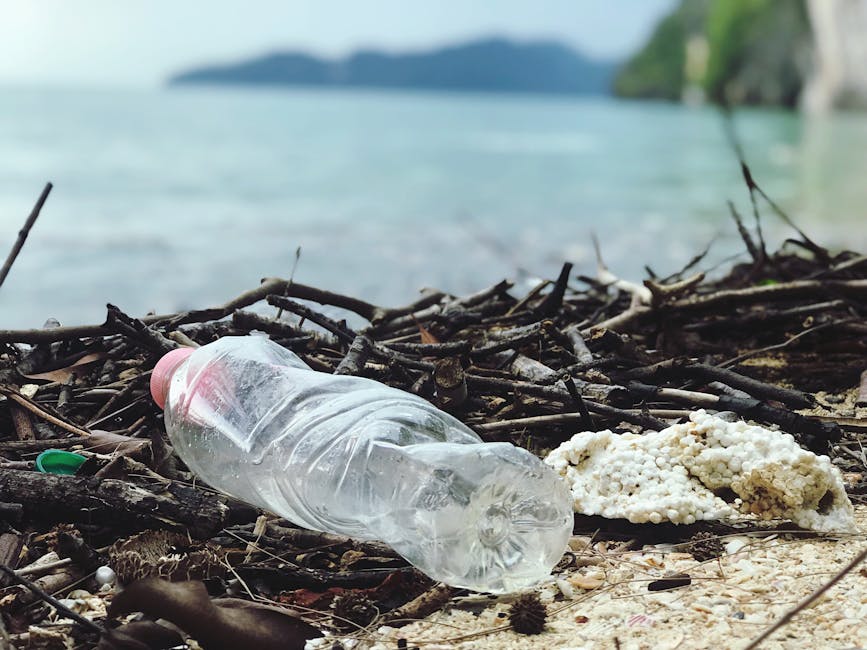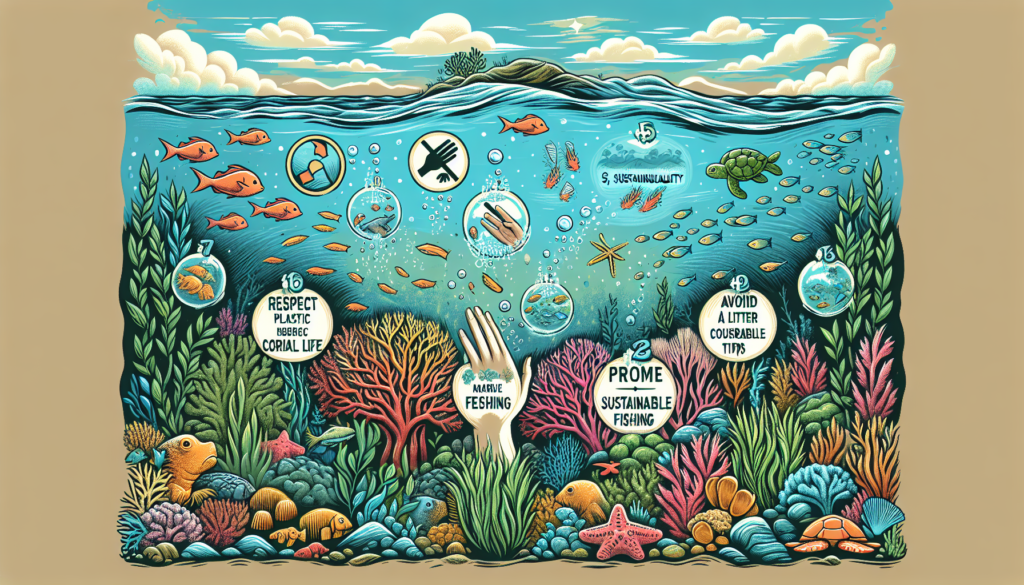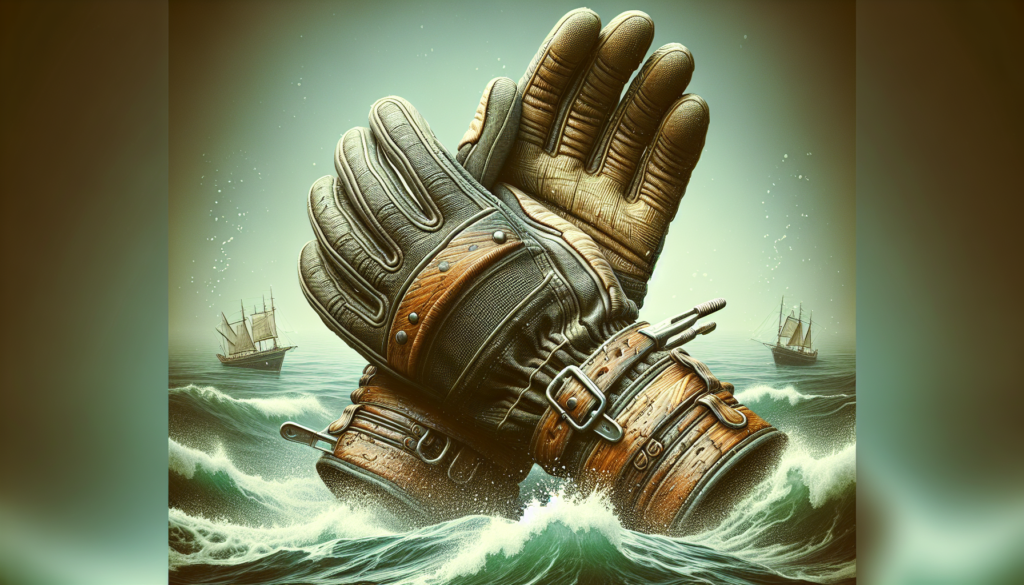Marine Conservation Tips: Preserving Our Oceans for Future Generations
Our oceans, covering more than 70% of the Earth’s surface, are a vital ecosystem that supports a diverse range of marine life. However, due to human activities such as overfishing, pollution, and climate change, our oceans are facing unprecedented challenges. Marine conservation is crucial to protecting the delicate balance of marine ecosystems and ensuring the sustainability of marine resources for future generations. In this article, we will discuss various marine conservation tips that can help individuals make a positive impact on our oceans.
The Importance of Marine Conservation
Marine conservation is essential for maintaining biodiversity, supporting sustainable fisheries, and preserving the overall health of our oceans. By protecting marine habitats and species, we can ensure the long-term viability of marine ecosystems and the services they provide, such as regulating the climate, producing oxygen, and supporting coastal communities.
One of the key reasons for marine conservation is to prevent the loss of biodiversity. Marine ecosystems are home to a vast array of species, from tiny plankton to giant whales, each playing a unique role in the marine food web. By conserving these species and their habitats, we can help maintain the balance of marine ecosystems and prevent the extinction of valuable marine species.
Reducing Plastic Pollution
Plastic pollution is one of the biggest threats to marine life, with millions of tons of plastic waste entering the oceans each year. Marine animals often mistake plastic debris for food, leading to ingestion and entanglement, which can be fatal. To combat plastic pollution, individuals can take simple steps such as reducing the use of single-use plastics, recycling properly, and participating in beach clean-up efforts.

Sustainable Seafood Choices
Overfishing is a major threat to marine biodiversity, with many fish stocks on the verge of collapse due to unsustainable fishing practices. By making sustainable seafood choices, consumers can help reduce the demand for overexploited species and support fisheries that are managed responsibly. Look for eco-certifications such as the Marine Stewardship Council (MSC) when purchasing seafood, and choose seafood options that are abundant and well-managed.
Marine Protected Areas
Marine protected areas (MPAs) are designated areas of the ocean where human activities are regulated to conserve marine biodiversity and ecosystem function. MPAs can help protect critical habitats, reduce overfishing, and provide safe havens for marine species to thrive. Supporting the establishment and expansion of MPAs is essential for safeguarding marine biodiversity and promoting sustainable fisheries.

Reducing Carbon Footprint
Climate change is causing unprecedented changes in the marine environment, including ocean acidification, coral bleaching, and sea-level rise. Individuals can reduce their carbon footprint by driving less, using public transportation, conserving energy at home, and supporting renewable energy sources. By mitigating climate change, we can help protect marine ecosystems and the species that depend on them.
Community Engagement and Advocacy
Community engagement and advocacy play a critical role in marine conservation efforts. By raising awareness about the importance of marine conservation, individuals can inspire others to take action and support policies that protect marine ecosystems. Joining local conservation organizations, participating in marine conservation projects, and contacting elected officials are effective ways to make a difference in marine conservation.
Education and Research
Education and research are essential components of effective marine conservation. By learning about marine ecosystems, understanding the threats they face, and supporting scientific research, individuals can contribute to the conservation and management of marine resources. Encouraging youth to pursue careers in marine science and conservation can help ensure the long-term sustainability of our oceans.
Conclusion
To wrap things up, marine conservation is a collective effort that requires the participation of individuals, communities, and governments worldwide. By following these marine conservation tips and incorporating sustainable practices into our daily lives, we can help protect the health and vitality of our oceans for future generations. Together, we can make a positive impact on marine ecosystems and ensure a sustainable future for all life on Earth.
Remember, the oceans are a precious resource that deserve our respect and protection. By taking action today, we can create a better future for our planet and all its inhabitants.



